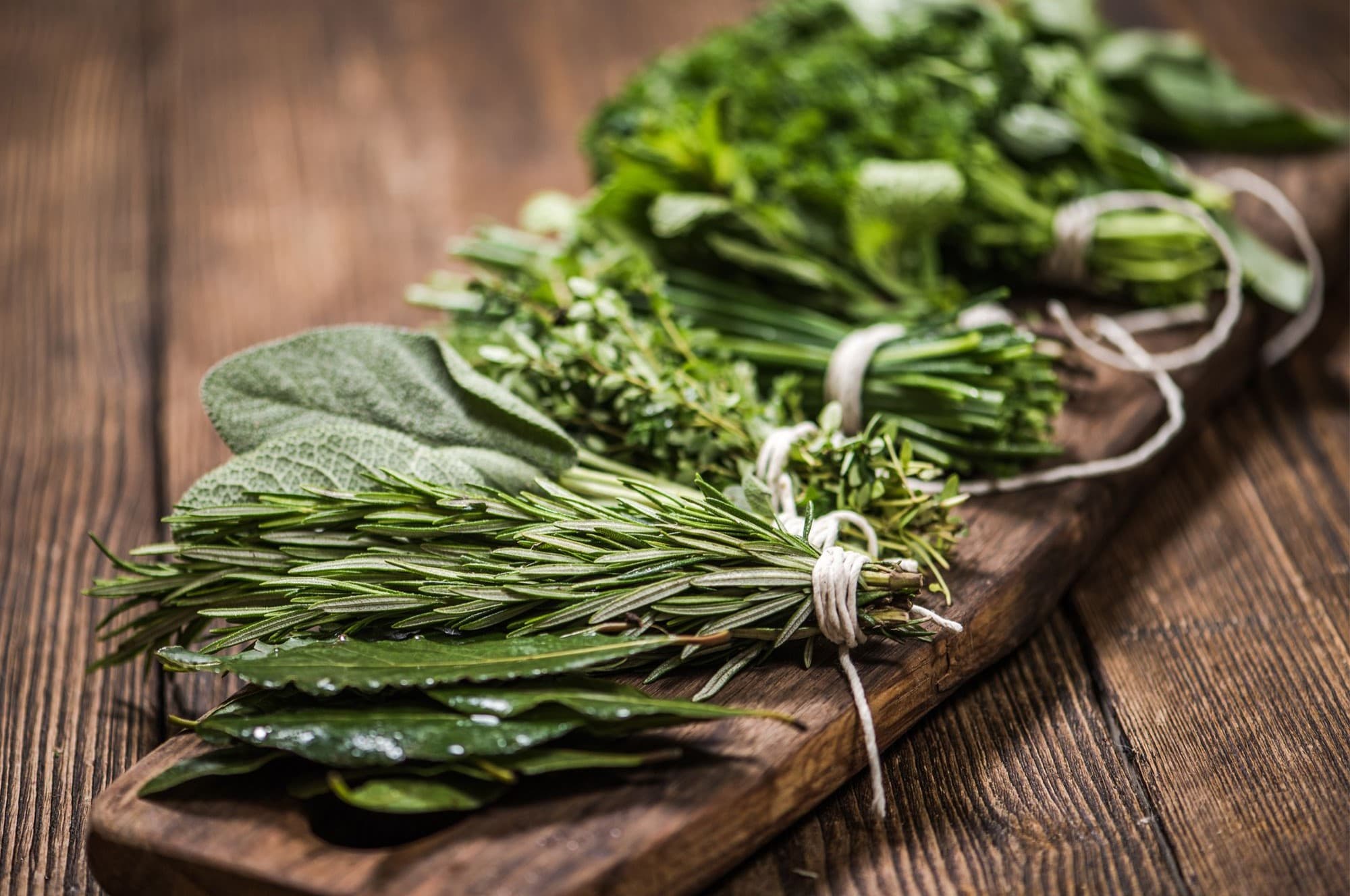
Fresh herbs can transform any dish from bland to brilliant. But did you know these green wonders pack more than just flavor? Fresh herbs like basil, mint, and cilantro not only enhance taste but also offer numerous health benefits. They can boost your immune system, improve digestion, and even help reduce inflammation. Plus, growing your own fresh herbs at home is easier than you might think. Whether you have a sprawling garden or just a sunny windowsill, you can cultivate a variety of herbs to elevate your cooking. Ready to learn more? Here are 30 fascinating facts about fresh herbs that will make you appreciate these leafy greens even more.
Key Takeaways:
- Fresh herbs like basil, parsley, and cilantro not only add delicious flavor to dishes but also offer health benefits like fighting inflammation and improving digestion. Consider growing your own herbs at home for a rewarding experience.
- Growing fresh herbs at home is easier than you might think. With the right conditions, you can enjoy a bountiful supply of basil, parsley, and other herbs to enhance your cooking and promote a healthier lifestyle.
Fresh Herbs: Nature's Flavor Boosters
Fresh herbs add a burst of flavor to any dish. They are not only tasty but also packed with nutrients. Let's dive into some fascinating facts about these green wonders.
- Basil is known as the "king of herbs." It has a sweet, peppery flavor and is often used in Italian cuisine.
- Parsley is more than just a garnish. It's rich in vitamins A, C, and K, making it a nutritious addition to meals.
- Cilantro has a unique taste that people either love or hate. This herb is commonly used in Mexican and Asian dishes.
- Mint can be used in both sweet and savory dishes. It’s also known for its refreshing aroma and digestive benefits.
- Rosemary has a strong, pine-like flavor. It pairs well with roasted meats and vegetables.
- Thyme is a versatile herb that can be used in a variety of dishes, from soups to stews to roasted meats.
- Oregano is a staple in Mediterranean cooking. It has a robust flavor that stands up well to tomato-based dishes.
- Chives add a mild onion flavor to dishes. They are often used as a garnish for soups and salads.
- Dill has a tangy, slightly bitter flavor. It’s commonly used in pickling and pairs well with fish.
- Tarragon has a licorice-like flavor. It’s often used in French cuisine, especially in sauces and dressings.
Health Benefits of Fresh Herbs
Fresh herbs are not just for flavor; they also offer numerous health benefits. Here are some facts about the health perks of these green gems.
- Basil contains antioxidants that help fight inflammation and support heart health.
- Parsley can help improve bone health due to its high vitamin K content.
- Cilantro may help detoxify heavy metals from the body.
- Mint is known to relieve indigestion and improve oral health.
- Rosemary has compounds that may improve memory and concentration.
- Thyme has antimicrobial properties that can help fight infections.
- Oregano is rich in antioxidants and has anti-inflammatory properties.
- Chives contain allicin, which can help reduce cholesterol levels.
- Dill has been shown to help regulate blood sugar levels.
- Tarragon may help improve digestion and reduce inflammation.
Growing Fresh Herbs at Home
Growing your own herbs can be a rewarding experience. It’s easier than you might think. Here are some facts to get you started.
- Basil thrives in warm, sunny conditions. It’s best grown in pots that can be moved indoors during cooler months.
- Parsley prefers partial shade and well-drained soil. It can be grown indoors on a sunny windowsill.
- Cilantro grows quickly and prefers cooler temperatures. It’s best planted in early spring or fall.
- Mint is a hardy herb that can spread quickly. It’s best grown in containers to prevent it from taking over your garden.
- Rosemary needs full sun and well-drained soil. It can be grown as a perennial in warmer climates.
- Thyme is drought-tolerant and prefers full sun. It can be grown in rock gardens or containers.
- Oregano is a perennial herb that prefers full sun and well-drained soil. It’s great for ground cover.
- Chives are easy to grow and can thrive in a variety of conditions. They can be grown in pots or directly in the ground.
- Dill prefers full sun and well-drained soil. It’s best planted in early spring.
- Tarragon needs full sun and well-drained soil. It’s best grown in pots to control its spread.
Fresh Herbs: A Flavorful Finale
Fresh herbs add zest to any dish. From basil to thyme, these green wonders pack a punch. They’re not just tasty; they’re healthy too. Parsley can freshen breath, while rosemary boosts memory. Growing them at home is easy and rewarding. Just a sunny spot and some water, and you’re good to go. Plus, they save money and reduce waste. Cooking with fresh herbs can elevate your meals from ordinary to extraordinary. Whether it’s a sprinkle of cilantro on tacos or a dash of mint in lemonade, herbs make everything better. So next time you’re in the kitchen, reach for some fresh herbs. Your taste buds will thank you. Happy cooking!
Frequently Asked Questions
Was this page helpful?
Our commitment to delivering trustworthy and engaging content is at the heart of what we do. Each fact on our site is contributed by real users like you, bringing a wealth of diverse insights and information. To ensure the highest standards of accuracy and reliability, our dedicated editors meticulously review each submission. This process guarantees that the facts we share are not only fascinating but also credible. Trust in our commitment to quality and authenticity as you explore and learn with us.


